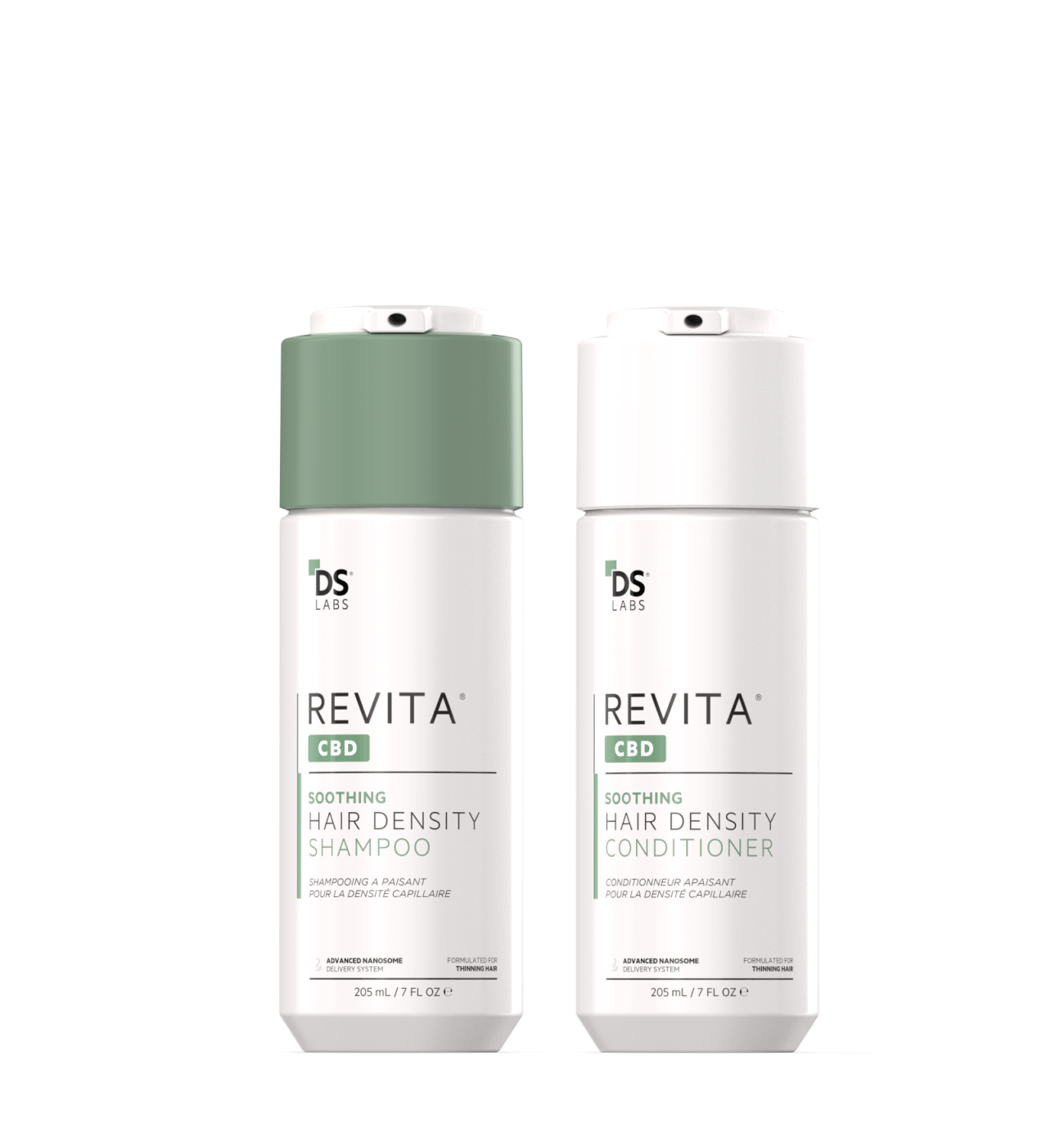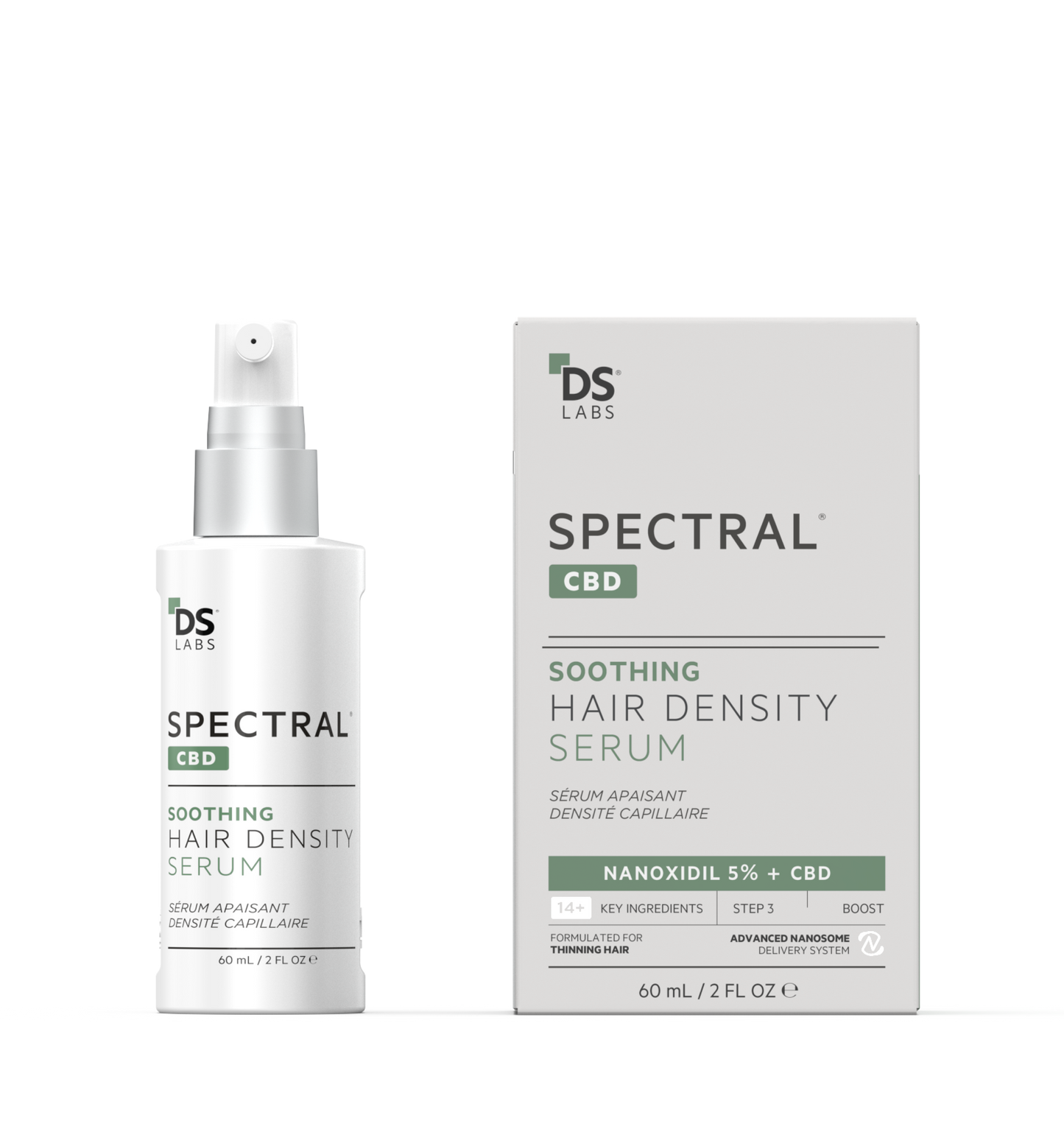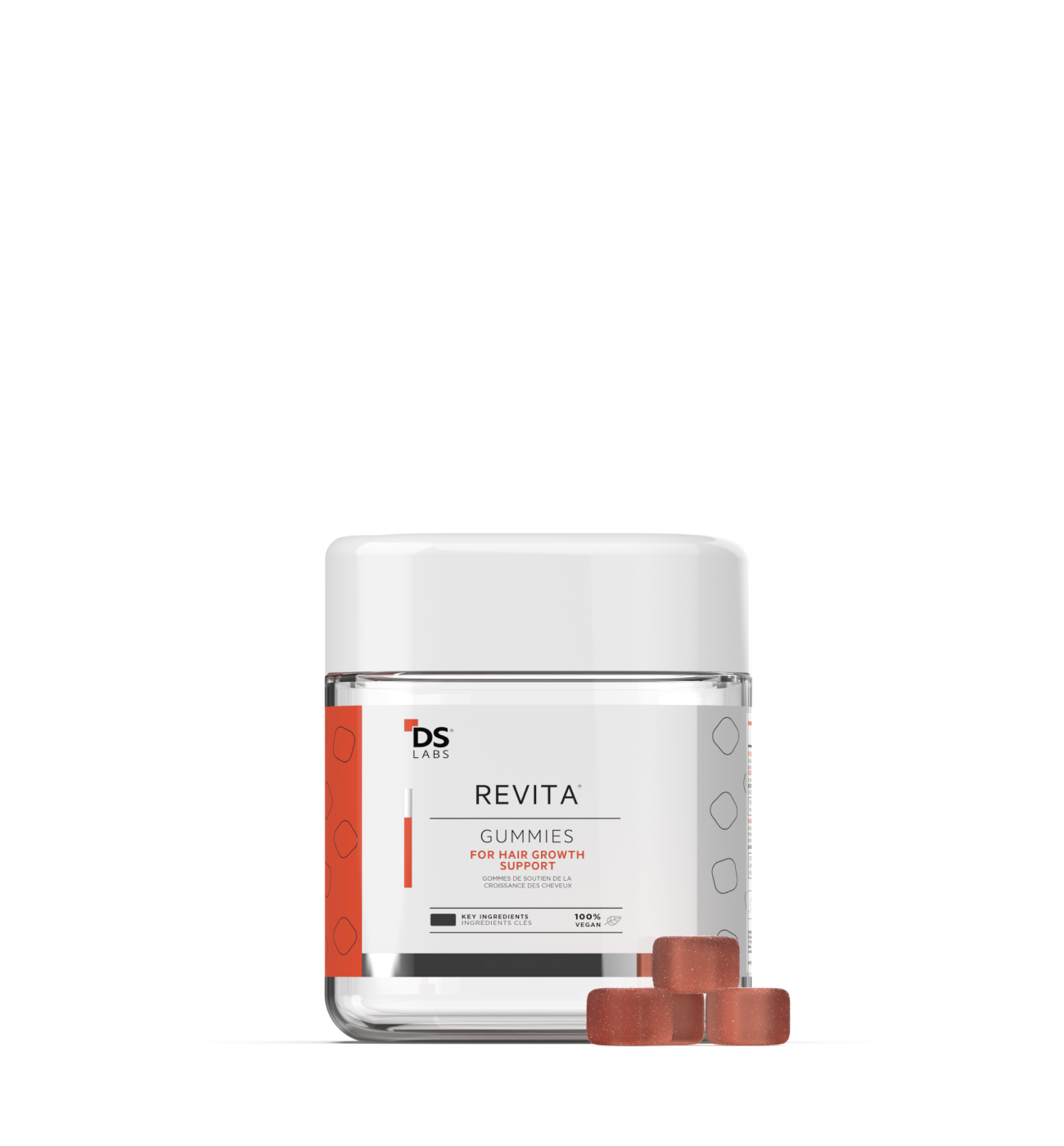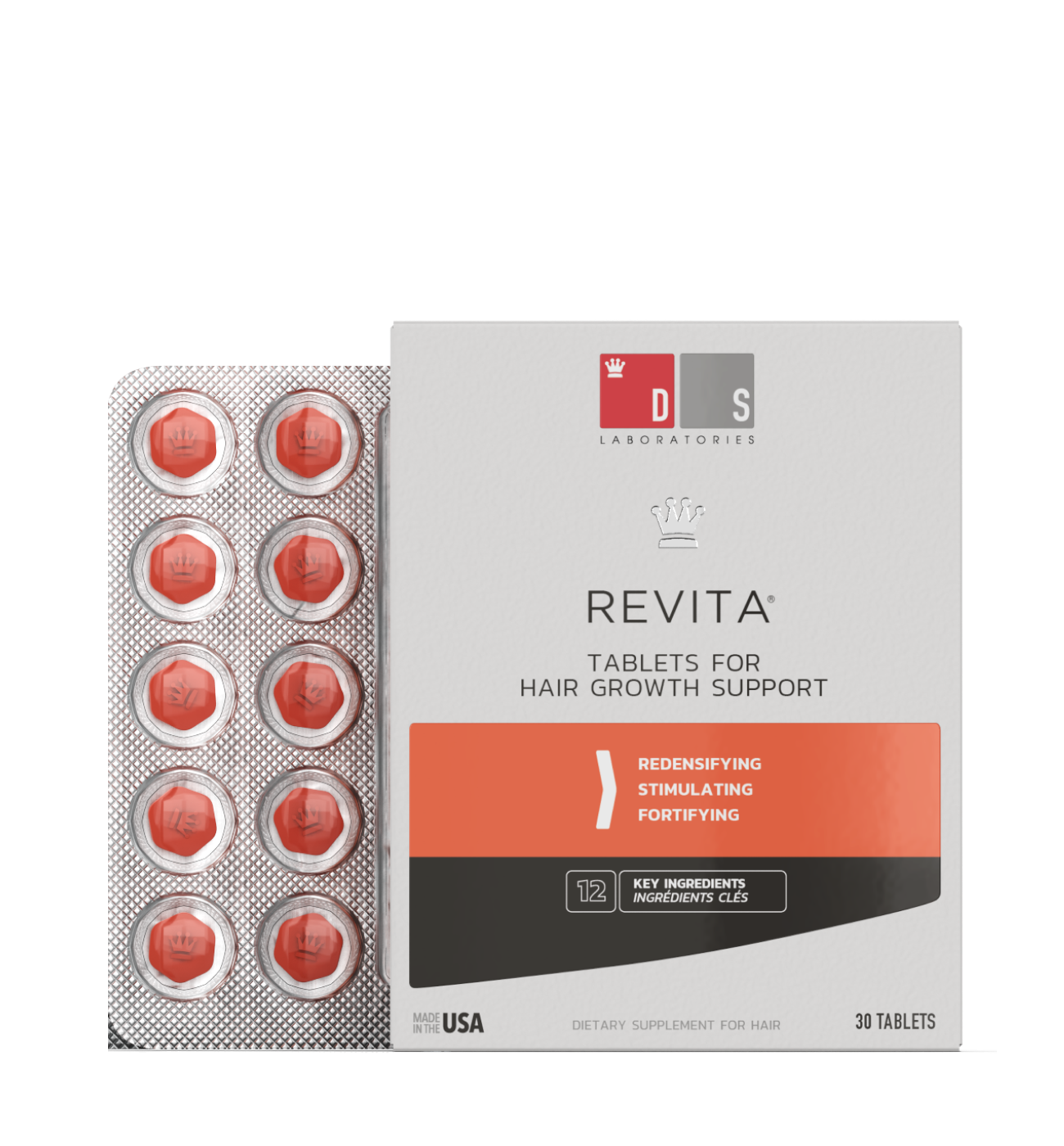Freshly shampooed locks are usually silky soft and smooth. Plus, they smell great! However, some of us get greasy hair faster than others which makes us look like it’s been a while since we last took a shower.
Those of us who have oilier hair may wonder what makes our hair extra greasy. Let’s find out.
What Causes Greasy Hair?
Our scalp produces natural oils or sebum which coat the hair strands. Sebum serves two purposes:
- It keeps the cuticle soft and hydrated, making hair shiny and healthy.
- It protects the strands against dehydration and oxidative stress.
This sounds great until you notice your hair becoming greasy way too soon.
But what does this mean?
Oily hair usually means that you have excess oil on your scalp. This can clog your hair’s roots, weigh it down, and make it appear flat.
Wondering what causes this oil buildup? Let’s see.
You’re Not Washing Your Hair Enough
Washing your hair less than 3 to 4 times a week can cause excess sebum production, which could make your hair greasy and weigh it down.
You’re Using Too Much Product
Slathering on oils, wax, and conditioning treatments can cause more oil to build up. If your hair type doesn’t require much moisture, these products can cause a buildup of skin cells, further aggravating the congestion on your scalp. Over time, it can cause white flakes or dandruff to appear.
You’re Washing Your Hair Too Much
Over washing your hair — especially if you have curly hair — can dry your scalp. When the scalp is clean, the sebaceous glands produce oil to compensate for the lack of moisture, leading to greasy hair.
You Have Straight or Thin Hair
Without waves and texture, oil is more easily distributed throughout your hair shaft, making it appear greasy.
You Have Hormonal Imbalance
When you’re stressed, anxious, or going through your menstrual cycle, you may be going through a hormonal imbalance.
An imbalance can also happen due to a high glycemic or dairy diet. In this scenario, the androgen levels increase in your body, putting your body into a stressed state and triggering a sebum overdrive.
Greasy hair can also be caused by excessive sweating, exposure to air pollution, using conditioners with emollients, and repeated use of unclean hair towels and headwear, among other things.
What Can You Do to Avoid Greasy Hair?
To avoid greasy hair:
Get Rid of Product Buildup
Sometimes, the greasiness on your hair and scalp has little to do with the oil production in your scalp, rather, it’s caused by product buildup.
Add a scalp detox treatment to your hair care regimen. It will help you remove excess oil and product buildup from your scalp and hair while stimulating the roots, so you get healthy hair without the greasy look.
Limit your use of “clarifying” or “purifying” products to once a week. They’re great at removing excess buildup, but they can dry out your scalp and make your strands susceptible to breakage.
Make Dry Shampoo Your Best Friend
Use dry shampoo or baby powder to eliminate excess oil before it shows on your strands and makes your hair appear greasy. It will also help you get the updo of your dreams without weighing your hair down.
Plus, it’s portable. So, you can toss a bottle in your purse for touch-ups on the go.
Shampoo and Condition Your Hair Properly
Using the right hair care products — whether it’s shampoo or conditioner — can do wonders for the look and feel of your strands.
Ideally, you want to look for products that are specifically formulated for oily hair. Look for products with green tea, aloe vera, and hydrating ingredients to seal moisture into your cuticles and boost circulation without the grease.
Use the Right Styling Products
Do you style your hair frequently? If so, use the right styling products.
Heavy, oil-based products may help you get an amazing updo, but they can give your hair a greasy look. To avoid this, use light, foam-based styling products to style your hair and lay off the heat-based tools to avoid triggering your sweat glands and adding to your residue and product buildup.
Other Ways to Avoid Greasy Hair
Here are other things you can do to avoid greasy hair:
- Regularly clean your hairbrushes and headwear to ensure you’re not distributing buildup to your hair.
- Make changes in your diet to control your scalp’s sebum production. Eat lots of nuts, seeds, and unrefined whole grains to encourage better hair health.
- Change your pillowcases often. This will help you avoid exposing your scalp and hair to oil buildup on the pillow.
- Avoid brushing your hair too much. It distributes the oil on your scalp throughout the strands.
When to See a Professional
If you’ve tried everything and are still suffering from excessively greasy hair, you may have seborrheic dermatitis.
Oily hair can also be caused by other underlying medical conditions so it’s best to consult a professional if you find yourself at a loss. Let a dermatologist examine your scalp for possible problems and recommend the best treatment.
Wrapping Up
Greasy hair can be frustrating, but it doesn’t have to be an ongoing issue. With the right products and proper treatment, you should be able to balance your scalp’s microbiome. This will eliminate greasiness and give you healthy hair that feels light and silky.
Which of the possible reasons above do you think are relevant to you? Try to address your oiliness by changing a few things in your hair care routine and see if it makes a difference.
If all else fails, see a dermatologist who can recommend further treatment.















